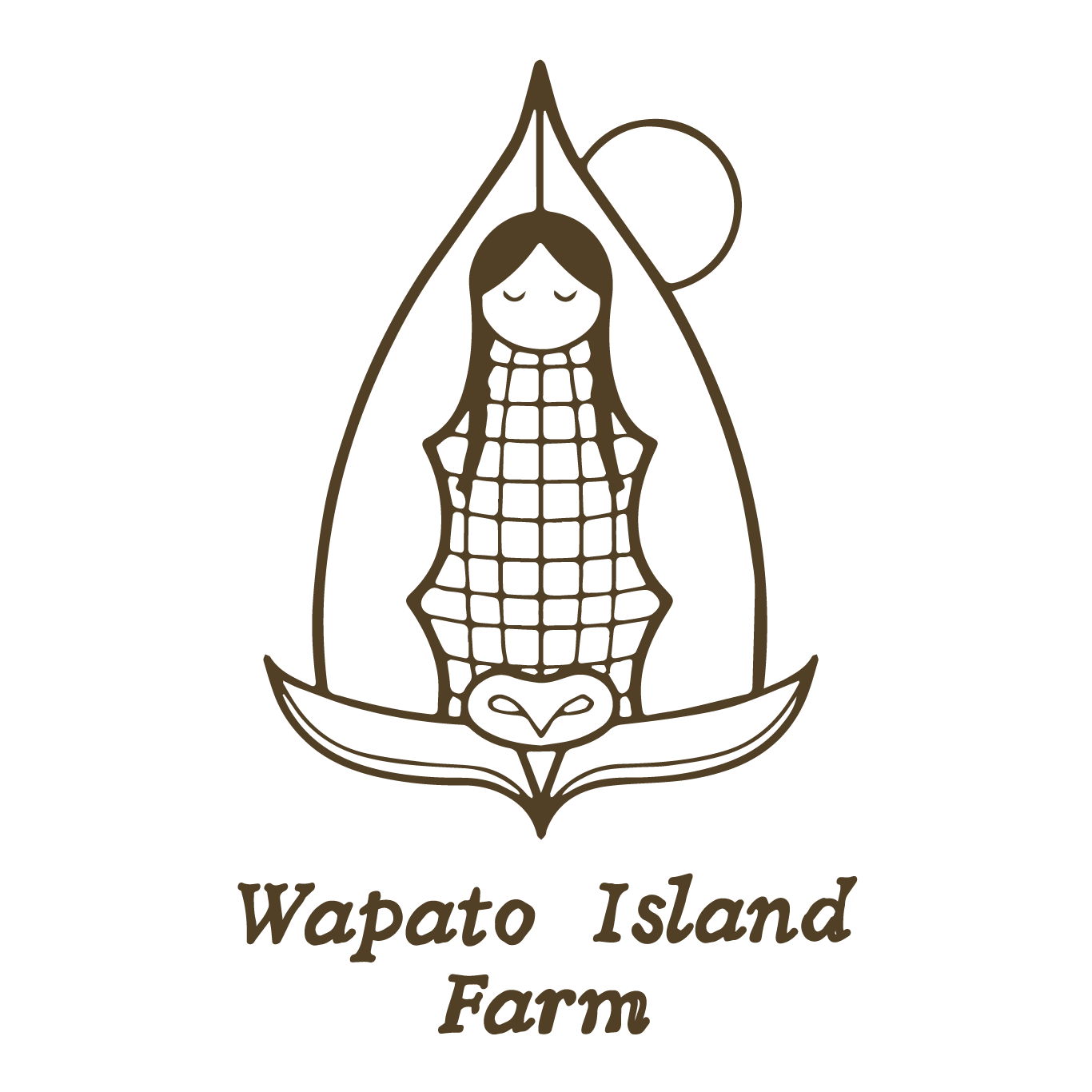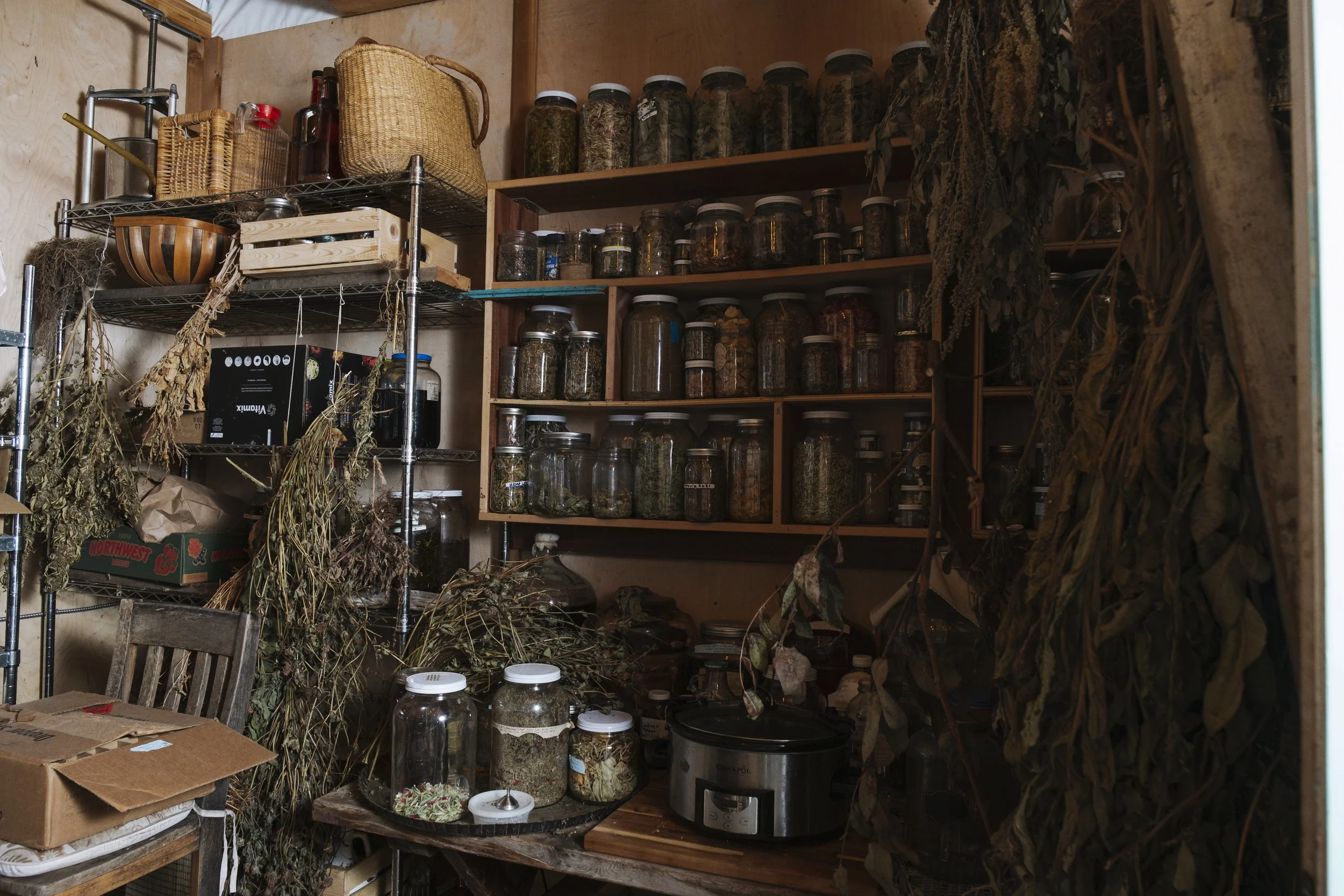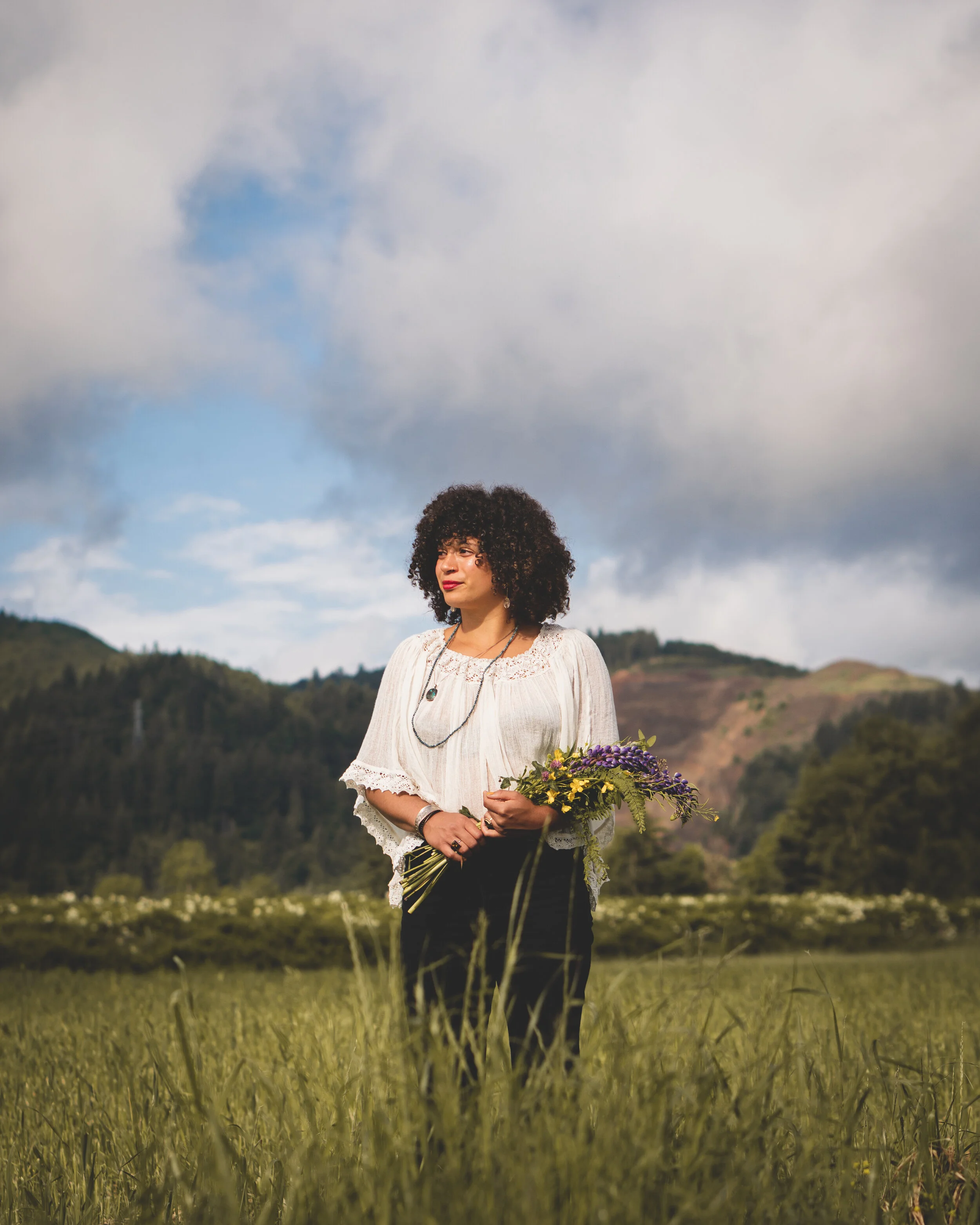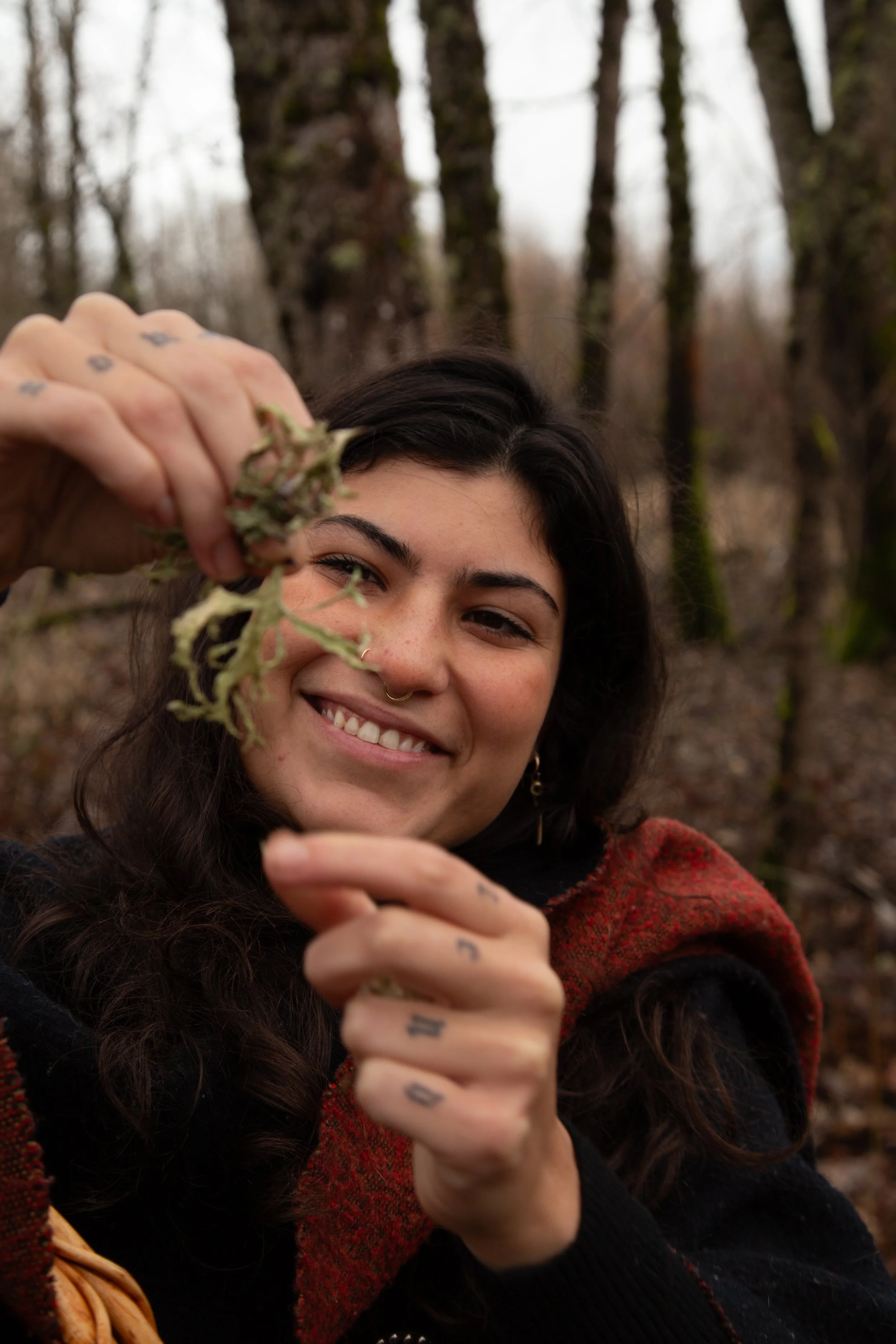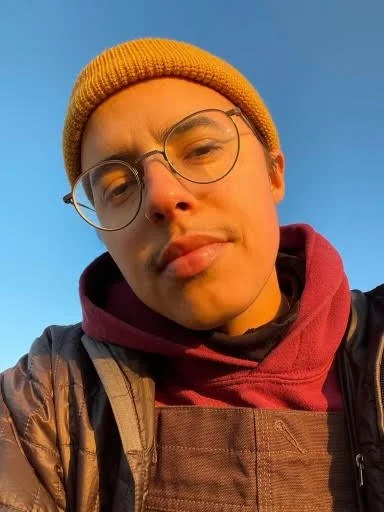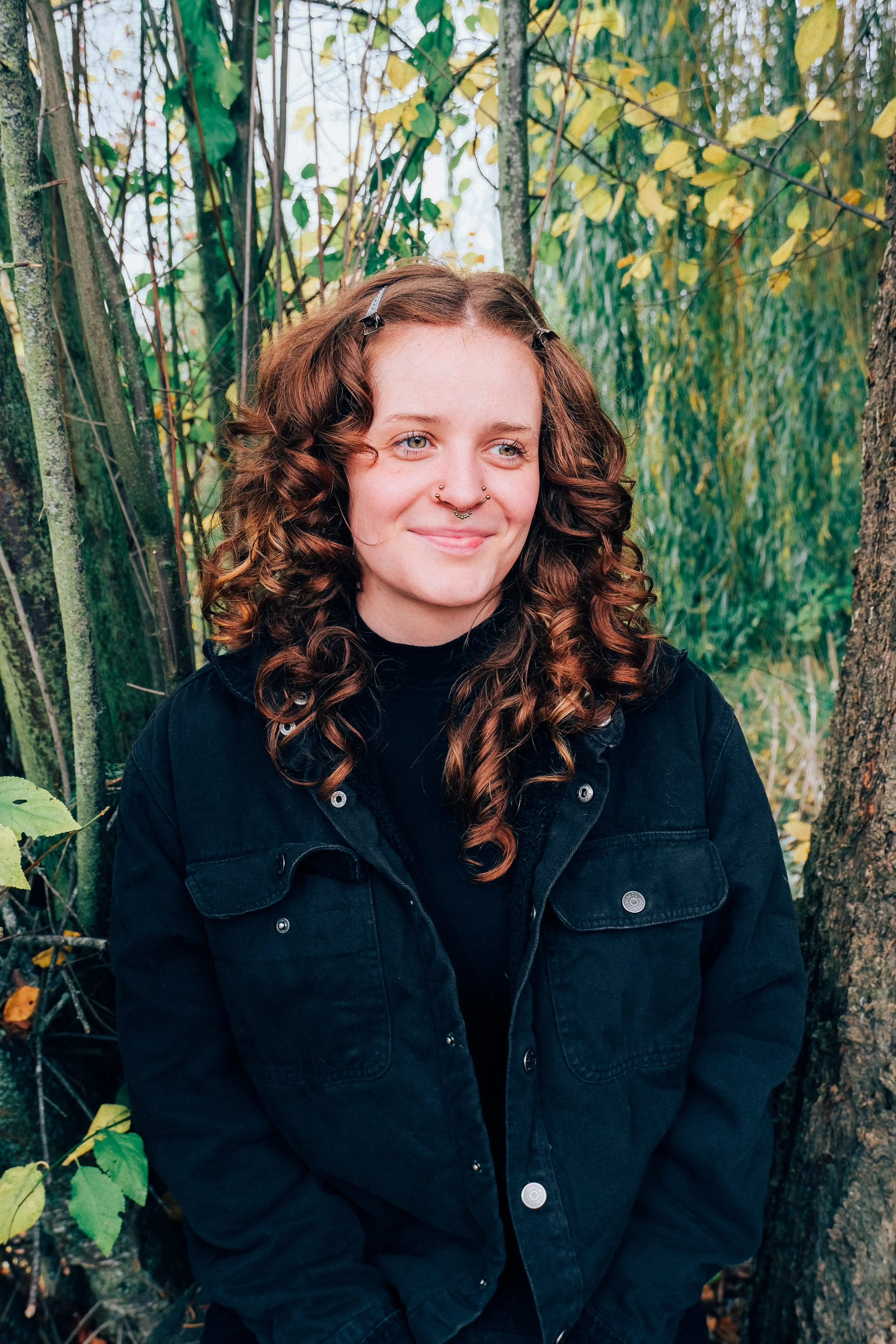ABOUT
Wapato Island Farm is precious and sacred land that is collectively tended by a community with a deep desire to honor the Earth and to preserve and share its beauty and healing power.
Read more about our farm, our botanica and our community below.
Wapato Island Farm es una tierra preciosa y sagrada que es atendida colectivamente por una comunidad con un profundo deseo de honrar a la Tierra y preservar y compartir su belleza y poder curativo.
Lea más sobre nuestra granja, nuestra botica y nuestra comunidad a continuación.
OUR FARM
NUESTRA GRANJA
We are a Matriarchal, 32-acre working farm located on Wapato Island (Sauvie Island) in Portland, Oregon. The island was a special place of commerce before colonization, surrounded by the Columbia River and rich with fertile soil, and has hosted a diverse variety of seeds. The farm has been in Jenny’s family for almost 2o years, and with the help of community, we honor this piece of tierra with respect to its original Multnomah Tribe land- and space-tenders. We provide human-free spaces for wildlife, care for the pond and the spirit of reciprocity that lives there, and strive to offer this place the physical and spiritual food that we can offer as people. We practice no-till, regenerative farming without chemical fertilizers or pesticides. As the soil heals from previous exploitations, it offers more bounty, allowing us to grow food and medicine for more people, and host cleaner water and richer habitats for animals and spirits.
Somos una granja de 32 acres de propiedad de una mujer ubicada en la isla Wapato (la isla Sauvie) en Portland, Oregon. Rodeada por el río Columbia, Wapato Island Farm ha mantenido la integridad ecológica, la resistencia y los estándares orgánicos a medida que continúa prosperando en nuestra región del Pacífico Noroeste vulnerable al clima. La tierra ha albergado una variedad diversa de semillas, incluidas las tres cosechas sagradas de maíz, frijol y calabaza. Proporciona un hogar para la vida silvestre y ha seguido siendo una parte integral de la tierra y la comunidad de trabajo de la isla Sauvie.
Reconocemos que esta tierra que llamamos nuestro hogar era tierra sagrada donde vivía la tribu Multnomah antes de la colonización. Honramos la importancia de reconocer las tierras sagradas de las tribus y estamos agradecidos de que hayamos podido cuidar la tierra durante tantos años. Wapato Island Farm ha estado en nuestra familia durante más de una década, y nuestra familia ha crecido y cambiado con la tierra a lo largo de los años, aprendiendo de ella y haciéndose más sabia con ella.
OUR BOTÁNICA
NUESTRA BOTÁNICA
Our BOTANICÁ is a space for making medicine and houses ethically grown and harvested plants, grown here on our farm or wildcrafted in the Oregon wilderness. We handcraft herbal smoked salts, tinctures, salves, vinegars, essences, elixirs and hydrosols — each batch an artistic, intuitive medicine in which we deepen our relationship with the plants.
Our medicines are made in the practice of ancestral wisdoms — meaning, our relationship with the plants and the medicine we make with them is a reflection of our intact relationship our ancestors had. Our practice of herbalism combines indigenous wisdom, cultural and ancestral tradition, and honoring the plants as the healers.
Nuestro botica es un espacio para hacer medicinas y alberga las plantas cosechadas éticamente que se han cultivado aquí en nuestra granja o en la naturaleza de Oregón. Fabricamos artesanalmente sales ahumadas a base de hierbas, tinturas, ungüentos, elixires; cada lote es una medicina artística e intuitiva en la que profundizamos nuestra relación con las plantas.
Hacemos nuestras medicina en la práctica de la herbolaria popular, que significa que nuestra relación con las plantas y la medicina que hacemos con ellas es un reflejo de nuestros lazos indígenas y ancestrales, y la relación que nuestros ancestros tenían con la madre Tierra. Nuestra práctica de herbalismo popular combina la sabiduría indígena, la tradición cultural y la dependencia de las plantas como curanderos.
Credit: Courtesy of Robert Cuadra
OUR COMMUNITY
NUESTRA COMUNIDAD
Credit: Courtesy of Carly Diaz/Becoming Mexican
Jennifer Rose Marie Serna is a curandera-in-training, mother, farmer, land activist, skill educator, speaker, and matriarch of Wapato Island Farm. She has lived on the farm with her family on Wapato Island for 20 years. Learning from her abuelita Grandma Mary, an indigenous- Mexican yerbatera, Jennifer began her journey with plant wisdom, healing, and food as medicine at a young age. Jennifer’s vision is to share a way of relating to and learning from the land that supports healing justice for people, plants, water, animals and all beings. Her work is dedicated to honoring, protecting, and sharing the sacred land she tends with her family and the people that come to Wapato Island Farm for healing, learning, medicine and wisdom. Her people are Navajo, Yaqui and Irish.
Jennifer Rose Marie Serna es una aprendiza del curanderismo, madre, agricultora, activista agraria, educadora de habilidades, oradora y matriarca del Wapato Island Farm. Ella ha vivido con su familia en la isla Sauvie durante 20 años. Al aprender de su bisabuela, Grandma Mary, una yerbatera Mexicana, Jennifer comenzó su viaje con la sabiduría vegetal, la curación y la alimentación como medicina desde jovencita. . Jennifer espera compartir una forma de relacionarse y aprender de la tierra que apoye la justicia curativa para las personas, las plantas, el agua, los animales y todos los seres. Jennifer se dedica a continuar amando, cuidando y co-creando belleza junta con la tierra sagrada, mientras esa misma tierra apoya a ella, a su familia y a los seres que vienen a Wapato Island Farm para curación, aprendizaje, medicina y sabiduría.
Credit: Patrick Hart
Essie Day Olou began her journey in land tending at the very young age of five . Helping her grandmother on a four acre farm in Gaston Oregon. Essie’s grandmother had taught her the importance of listening to the symbiotic relationship with us plants and animals. At the age of thirteen Essie’s love for flowers blossomed . Every summer she would enjoy helping her adopted mother seed and harvest the family's garden. At this time Essie learned the importance of nurturing the “give and receive relationship”. In 2018 Essie found Wapato Island farm. Wapato Island farm gave Essie a place to grow, live, and flourish in community. Essie started Rise Blooms, flowers grown in tribute to Maya Angelou, our pollinators and for healing in times of injustice. “There is so much we can learn from our grandmothers, mothers and ancestors that bring us to the seed and root of who we are and our journeys. Flowers are the most heartening guides.” Essie’s path in growing on Wapato Island farm on Multnomah territory has brought the teachings of asking the land and plant allies for permission, and the joy of giving.
Credit : Jennifer Moon Images
Dana Vargas, a multifaceted Chicana artist, tattooer and plant tender. Originally from New York but finding beauty and purpose in Portland for nearly half a decade. Dana has loved plants and gardening for as long as she could remember and has had the opportunity to lovingly tend and learn from the earth at Wapato Island Farm since early 2021. She has also tended to a modest homestead in East Portland for the past 5 years. Dana has spent all her life listening to plants but over the past decade has deepened that knowledge into wisdom through time and dedication. She has studied among many different types of teachers from seeds to Curanderas and has learned so much along the way. By practicing herbalism, tending to the land and deep listening Dana has strengthen her relationship to the natural world, fostering a deeper understanding of the seasons, plants, and animals that surround us. She hopes to continue to work with the dirt for the rest of all her lives to come.
Ayanna is a Portland-grown historian, writer, teacher, and farmer of Black and mixed-European descent. As a mixed-race, trans, non-binary being, they aim to be a bridge-builder across structural forces of separation and distance. They are energized by and committed to everyday practices of liberation cultivated by those most marginalized; making space for grief; and passing on the love, support, and investment they have received from their teachers, elders, and ancestors to the students and young people in their life.
Their historical research centers lineages of Black feminist and queer healing cosmologies, specifically related to land and earth-based practices. With a background in non-profit program development, youth-work, activism, and education, they bring a passion for teaching and learning through hands-on, direct experience and supporting people to become more intimate with themselves and their purpose.
The onset of chronic illness in 2017 initiated Ayanna on a path of embodied, spiritual healing and learning from plants as medicine. Their ongoing apprenticeship with plants is braided with mindfulness and meditation practice alongside ancestral relationship building and mending. They are a certified yoga teacher and student of somatics. Their dreams and aspirations include supporting their communities in realizing healing potentials and making food and medicine accessible to QT/BIPOC folx who may not otherwise have access to these forms of nourishment.
Monique Roberson-Lopez Is born and raised in Portland Or, She is Chiricahua Apache, Aztec, Basque, And Latina. She is a wife, mother, and a grandmother. Currently she grows food and medicines with 3 local farms in Portland bringing our community together sharing awareness and the importance to food sovereignty together taking back and relearning our traditional ways. She believes It takes a village. She is an Indigenous food sovereignty land steward, project coordinator, and a parent child support specialist. She is dedicated to helping families concur barriers of historical trauma, and empowering them, emphasizing in Land tending engagement events to strengthen the family bonds. Collectively relearning our culture collectively and passing knowledge and skills for the next 7 generations to come. She is a puller with 7 waters canoe family. In her free time, she loves to RELAX (lol what’s that!) She loves to travel and spend time with her family and adorable puppy named Puppy.
Nia Malone has grown up on Wapato Island Farm with her family and community. Her passions include creating all things that revolve around plants and flowers. Tattooing is her main artistic expression, taught under Dana Vargas, but also enjoys digital art, playing music and singing. Nia’s work can be seen throughout the farm on textiles, stickers, IG, and this website. ~ You may see her walking around the farm with her Dogs Pooch and Itsku.
Gabriella Gonzalez (also known as Lago) is a Culinary Herbalist, Holistic Nutritionist, Abortion Doula and resident at Wapato Island Farm. Her roots are mixed Nicaragüense Indigenous, Latina & Slavic. Her passion for cooking blossomed at a young age alongside her mom in the kitchen. She views food as a way to honor creativity, ancestors, plant and animal kin. She currently works as a private chef focusing on intimate event & retreat catering, postpartum meal services & community cooking classes through her business called The Flowering Hearth. Her culinary practice is rooted in animism and she views each kitchen tool, vessel and ingredient as alive and in alchemical co creation with the elements. She is inspired by weaving foods from her ancestry with PNW seasonality, herbs & foraged foods. Her passion lies in helping others explore their own food ways, stories and connection to land through eating and cooking and honoring food in a way that reminds us that food is Prayer, Ceremony and Medicina. Learn more about The Flowering Hearth here: https://www.thefloweringhearth.com
Melissa Meyer (she/her) is a Tsimshian Nation tribal citizen who belongs to the Eagle clan. She comes from a fishing village in northern British Columbia, Canada called Lax kw’alaams or “Island of Wild Roses.” She is mom to two teenagers and lives in Puyallup tribal territory in Tacoma, WA. Melissa has been blessed with the opportunity to steward a one-acre farm named after her village, Rose Island Farm. Melissa also currently serves the Nisqually Tribal Health Clinic as a Traditional Plant Medicine Practitioner. She has been a lifelong learner in Native plant and medicine ways and holds tightly to her responsibilities to pass on the traditional knowledge and lineages of care for lands, ancestral foodways, and embodied community care. Melissa enjoys being with beloved relatives in the form of friends, plant kin, her pet cat, and the many waterways woven throughout the PNW.
Nicole Allen (she/they) has dedicated her life's work and mission to the service of people. Nicole's passion is to empower marginalized communities, as they are often limited in access to diverse opportunities to learn and grow. She believes that when we heal communities, we allow for a world that reflects greater innovation, collaboration, understanding, and ultimately abundance. In 2020, after spending over 15+ years working in the field of education as a director, coach, and mentor - Nicole stepped into the role of Rootworker, following in the footsteps of her ancestral heritage. She founded Through The Trees Collective (T3C), a nature-based wellness organization servicing BIPOC communities. T3C aims to create spaces where BIPOC individuals can come together to connect with one another, while reclaiming their cultural connection to the outdoors and natural ways of healing.
Brenda Elrod is a Purépecha/Nahua/mixed ancestry woman. She is honored to be a mother, land tender and culture worker. She is originally from the southwestern deserts of central Arizona but has learned to love her new home in the Pacific Northwest. In her free time, Brenda enjoys being in community, being in nature, listening to music, cooking traditional foods and finding joy wherever she happens to find it. Brenda Elrod is a Purépecha/Nahua/mixed ancestry woman. She is honored to be a mother, land tender and culture worker. She is originally from the southwestern deserts of central Arizona but has learned to love her new home in the Pacific Northwest. In her free time, Brenda enjoys being in community, being in nature, listening to music, cooking traditional foods and finding joy wherever she happens to find it.
Mick Rose is a Two Spirit, Indigiqueer, gender expansive person raised on their ancestral homelands of Dinétah, in the SW desert of Turtle Island. They are from the Diné, Umoⁿhoⁿ and Pawnee Nations. Mick is a dreamer, collaborator, visionary, artist and community organizer. Their deep love for land, desire for justice and organizing for Indigenous Sovereignty and culture are at the forefront of the work they do. Mick has been working in the Native community of Portland for 18 years at the intersections of youth education, cultural arts programming, intergenerational learning and ecological placemaking. They currently Co-Direct Prismid Sanctuary alongside esperanza spalding. Prismid Sanctuary is a placemaking project in N Portland for all Black Indigenous and PoC Artists and Culture Bearer to convene, rest and heal. Mick has also stewarded arts programming, community programming and placemaking at the Native American Youth and Family Center and the Native Arts and Culture Foundation. They were honored to serve on the BOD for Wapato Island, lending their talents and visioning in all ways for the benefit of the next 7 generations of land, water, air, animals, humans and more than humans.
CURRENT PROJECTS TENDING THE LAND:
Rise Blooms — women-owned, pollinator-friendly flower farm
LOS PROYECTOS Y NEGOCIOS ACTUALES QUE TAMBIÉN ATIENDEN LA TIERRA:
Rise Blooms — una granja de flores propiedad de mujeres y amigable con los polinizadores
Seven Waters Canoe Journey Family — comunidad indígena de cuidados de la tierra — construcción de canoas, cultivar plantas medicinales nativas y 3 hermanas sagradas
COLLABORATIONS and Constellation partners
USDA Equitable Food Economy Collaborative — A partnership between Ecotrust and Prosper Portland to highlight BIPOC-run food systems in Oregon.
Mercatus Magazine Vol. 2 — An online storytelling platform and directory for entrepreneurs of color.
Prismid Sanctuary — https://www.prismid.org/story
Indigenous Health Equity Institute —https://www.indigenous-equity.org/
Rose Island Farm — https://www.roseislandfarm.com/ —https://t3collective.com/
Through the trees — https://t3collective.com/
NAYA — https://nayapdx.org/
Black Future Farms — https://blackfutures.farm/
Radical Rest —https://www.radicalrest.org/
COLABORACIONES:
USDA Equitable Food Economy Collborative — A partnership con Ecotrust y Prosper Portland to highlight BIPOC-run food systems in Oregon.
Mercatus Magazine Vol. 2 — Plataforma y directorio en línea para empresarios de color.
